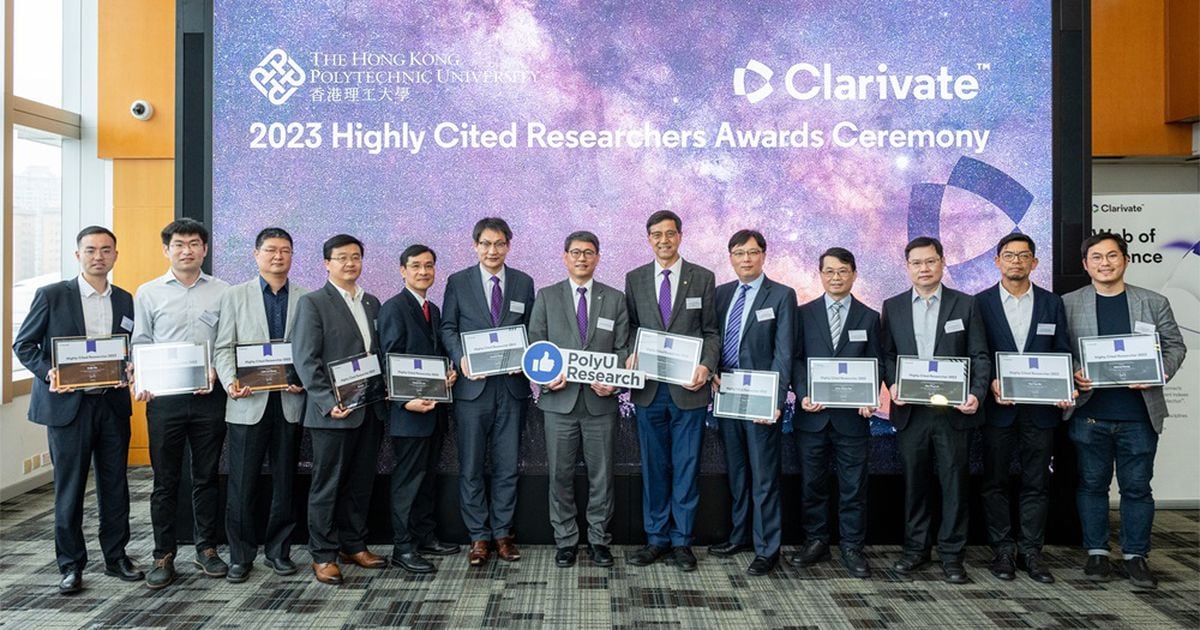The French Sorbonne University caused an earthquake in global science on December 8, when… advertisement Who canceled his subscription to it Web of Science, a ubiquitous database from the London multinational company Clarivate, is used around the world to evaluate scientists and award, or not award, promotions and funding. Hundreds of millions of euros of public money are distributed based on this data from private platforms, especially Web of Science and Scoops, a similar tool from Dutch publisher Elsevier. The Sorbonne University and fifty other organisations, including the Spanish Superior Council for Scientific Research (CSIC), made a presentation this Tuesday Barcelona Declarationan initiative to radically transform this system and make it open.
The signatories warn that the professional lives of scientists and even “the way science serves all of humanity” currently depend on these ambiguous and often unreliable indicators. A year ago, El Pais newspaper revealed that 19 Spanish researchers had lied in the Clarivate database, in exchange for money, to pretend they were working in Saudi Arabia, in order to artificially promote Saudi universities in the world. Global rankings International academics. The London company produces every year List of most cited scholars, which includes 7,000 researchers whose studies are most cited by other colleagues, according to these vague indicators. In recent years, the list has become a breeding ground for unscrupulous mediocre scholars, who have arrived at it by pulling all sorts of tricks. Clarivate excluded more than a thousand in November for these bad practices.
“A significant portion of all research information is locked in private infrastructure. It is managed by companies that are accountable primarily to their shareholders, not to the research community. “As a research community, we have become too dependent on closed infrastructures,” reflect the signatories of the Barcelona Declaration. , coordinated by Bianca KramerFrom Dutch consulting firm Sesame Open Science; cameron nylon, from Curtin University (Australia); And Ludo Waltmanfrom Leiden University (Netherlands).
The initiative's promoters met in Barcelona in November 2023, at a meeting organized by it Ceres Academy, a consulting firm in Barcelona that advises academic entities around the world. “The deeper message is that closed databases, such as Web of Science and Scopus, limit the promotion of a more comprehensive and transparent assessment of science,” says the Swiss specialist. Joran Bildengrun, from SIRIS Academic. It is paid by the Spanish Foundation for Science and Technology (FECYT), under the Ministry of Science Nearly six million euros Annually for access licenses to the Web of Science and Scopus databases.
Advertising is powerful. “We end up evaluating researchers and institutions based on opaque evidence. We monitor and incentivize open science using closed data. We also routinely make decisions based on information that is biased against less advantaged languages, geographies, and research agendas,” they admit. . Signatories. In addition to the largest scientific organization in Spain, CSIC, there are three Spanish universities (Barcelona, Polytechnic of Catalonia and the Balearic Islands) and the Network of Research Centers in Catalonia (CERCA), 42 organizations of excellence in Spain. the public.
“In order to promote responsible evaluation of research and open science, and promote high-quality and impartial decision-making, it is urgent that research information be openly available through open academic infrastructures. Openness of research-related information must be the new norm,” it says. Barcelona Declaration International signatories include entities such as the Bill & Melinda Gates Foundation (United States), the French National Research Agency, and the University of Milan (Italy).
Bildengrun rejects the idea that private databases provide a guarantee of the quality of scientific journals. “This argument has been increasingly disputed, since the decision was made about which journals are considered authoritative Quality “It should not be left in the hands of a private provider, often in conflict of interest with journal editors (for example, Scopus is owned by Elsevier), but rather entrusted to the relevant scientific community or national evaluation bodies,” he says.
You can follow Theme in Facebook, s And Instagramor sign up here to receive Our weekly newsletter.

“Social media evangelist. Student. Reader. Troublemaker. Typical introvert.”

:quality(85)/cloudfront-us-east-1.images.arcpublishing.com/infobae/TEQF6EONZRFGLLLDIDD4L2O4EE.jpg)

:quality(75)/cloudfront-us-east-1.images.arcpublishing.com/elcomercio/XU32LRAEZFDDPNVHLFU3CKVBYY.jpg)



More Stories
Venezuela ranks fourth in female leadership in science and technology in Latin America
In Portuguesa and Sucre they explore the wonderful world of science
The university court overturns the expulsion of two teachers and a chemical sciences student